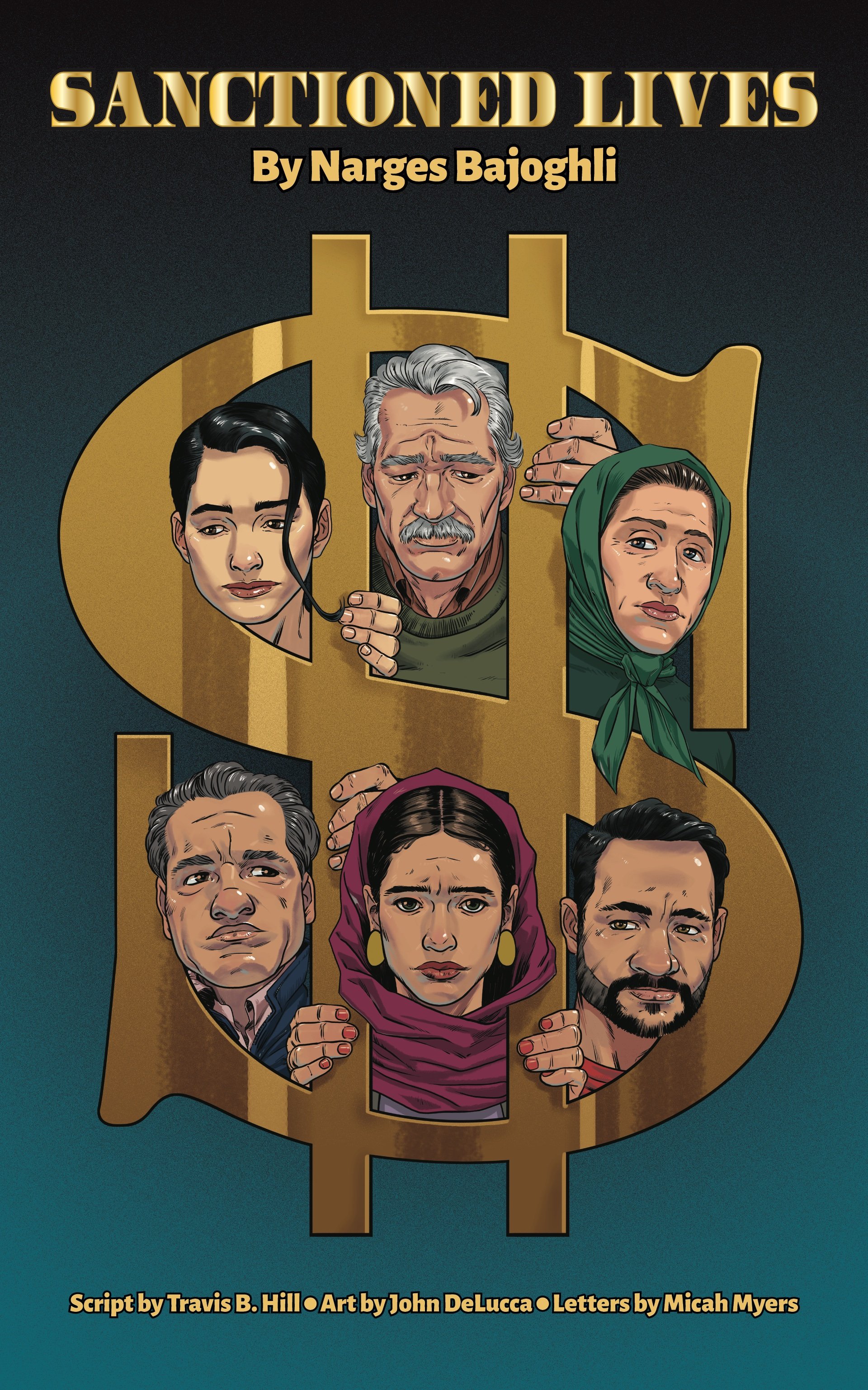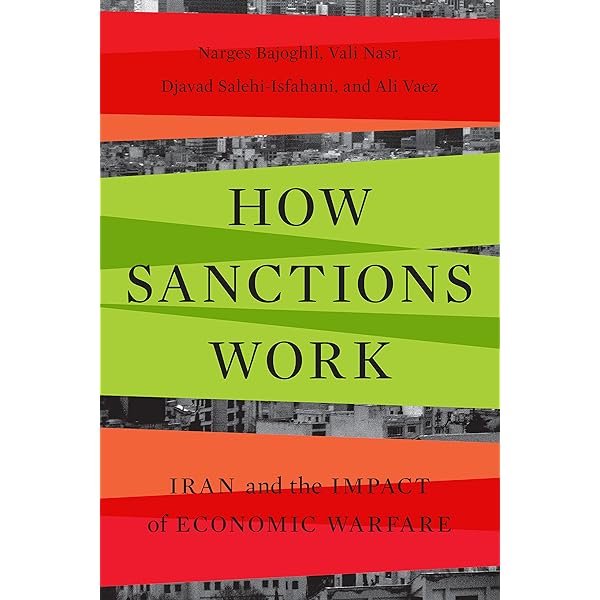Sanctioned Lives: Characters, Conflict, and World Building
A fair amount of research projects in the social sciences and the humanities rely on interviews conducted as supporting evidence for their arguments. The ability to understand interviews as evidence is a unique research skill that includes asking the right questions, and making proper connections between the comments of interviewees and the topic of research. Interviewees also offer readers of a research project a connecting point into the research problem.
In a similar way, then, creating characters is a unique narrative writing skill where a writer must understand the world they are building and how people experience unique conflict in that world. It involves bringing together distinct voices and experiences that not only move a plot forward but also allow readers to interact with and understand the world of the narrative.
These concepts of interviewee and character came together in one of our recent comic projects, Sanctioned Lives. For the comic we collaborated with anthropologist Narges Bajoghli of Johns Hopkins School of Advanced International Studies to create a graphic novella for the school’s Rethinking Iran Initiative. The comic is loosely based on interviews presented in the book How Sanctions Work: Iran and the Impact of Economic Warfare, co-authored by Bajoghli, Vali Nasr, Djavad Salehi-Isfahani, and Ali Vaez.
Both Sanctioned Lives and How Sanctions Work look at how Trump era sanctions have negatively impacted economic conditions for everyday citizens in Iran. While relying on the interviewees from How Sanctions Work, the characters created for Sanctioned Lives allow readers to see how Trump era sanctions have impacted civil engagement, international relations, private business enterprises, and the middle class in Iran as it builds a narrative centered around the upheaval in these characters lives.
Sanctioned Lives is now available to readers for free on the comic-reader website and app Webtoon. So go read it now!


